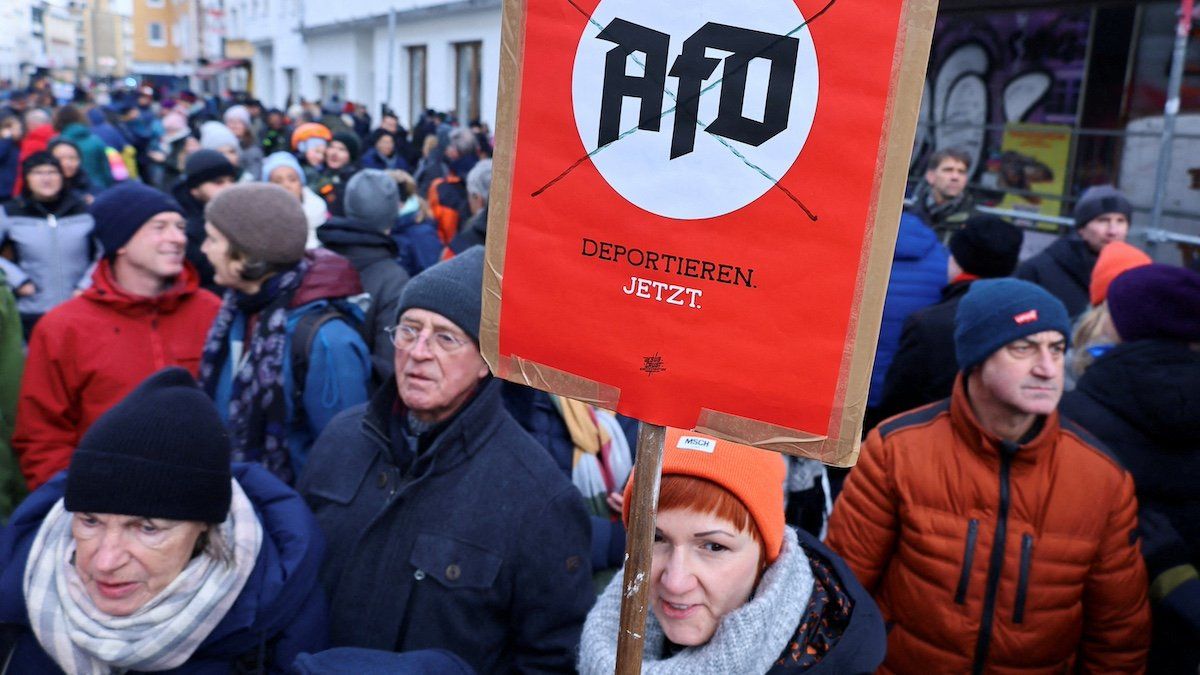Germany’s Federal Constitutional Court ruled Tuesday that the small far-right Die Heimat party may not receive funding from the federal government because of its anti-democratic and ethno-nationalist goals. Die Heimat isn’t a big player in German politics, but the Alternative für Deutschland is. And as AfD is drawing the support of about 23% of Germans, according to recent polls, centrist parties are eyeing the same pathway to box them out financially.
The AfD has long taken anti-immigration stances, but some senior members may have put the party at risk by meeting with neo-Nazis last year to discuss plans for an extreme program to deport immigrants by the millions, including naturalized citizens. Hundreds of thousands of Germans took to the streets to protest, but calls to ban the party outright are likely to fail due to the high standards German courts impose on such a drastic move. Instead, the recent finding against Die Heimat is fueling calls for a similar motion against AfD, which stands to lose over $10 million in annual public funding.
It’s not all about morality, though. German Chancellor
Olaf Scholz’s government faces a
bruising negotiation over the 2025 budget, with a sluggish economy necessitating major cuts. The AfD could use the cuts as a populist cudgel to hammer the incumbent coalition in elections in the states of Saxony, Thuringia, and Brandenburg scheduled for September. Scholz’s government is struggling in the three eastern states — but if AfD finds itself light on funds, he might avoid the worst outcomes.
